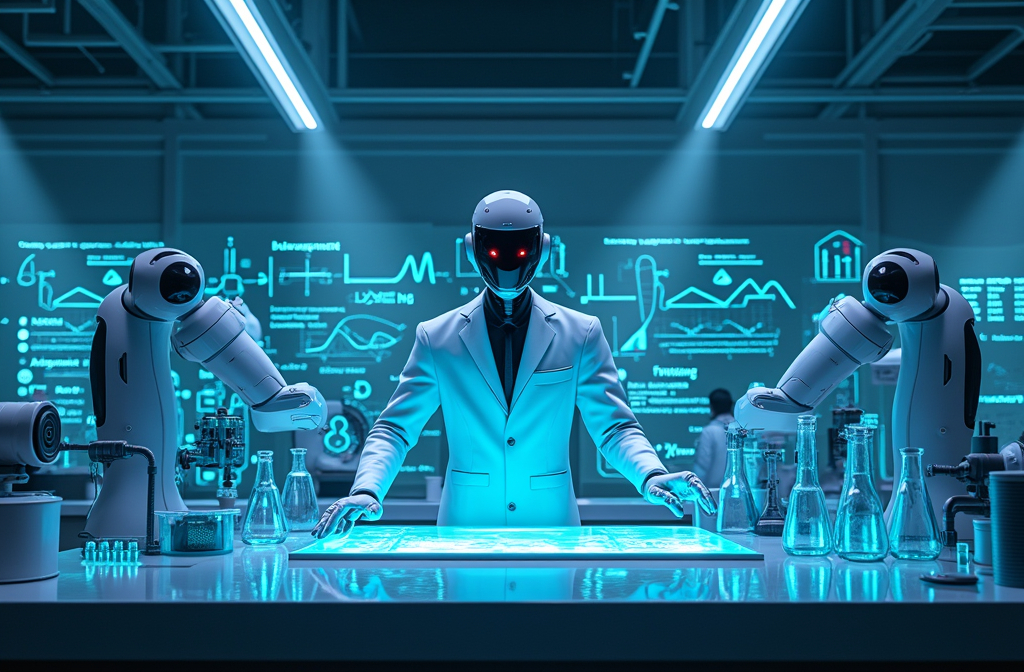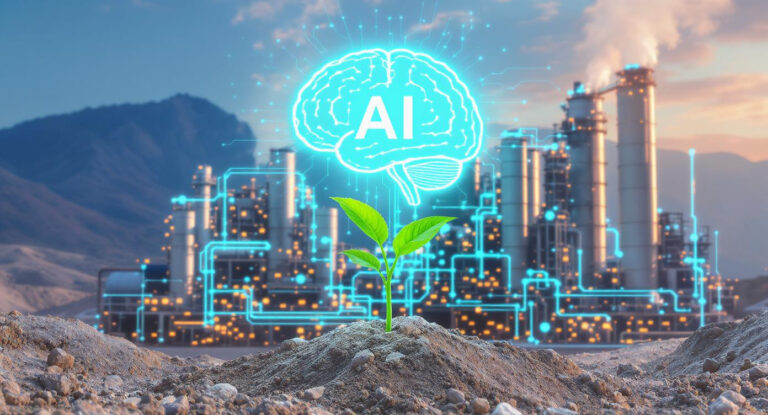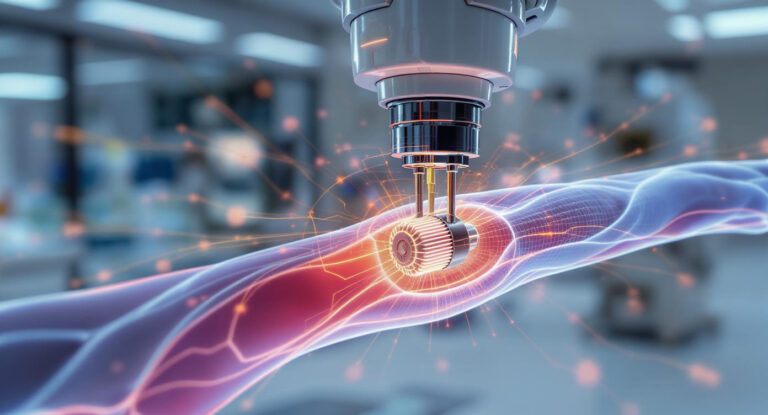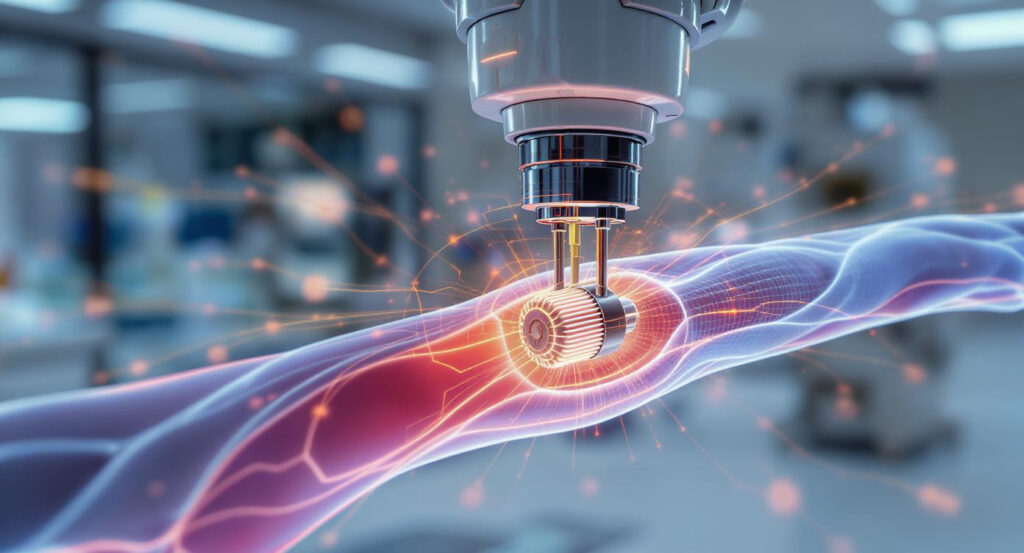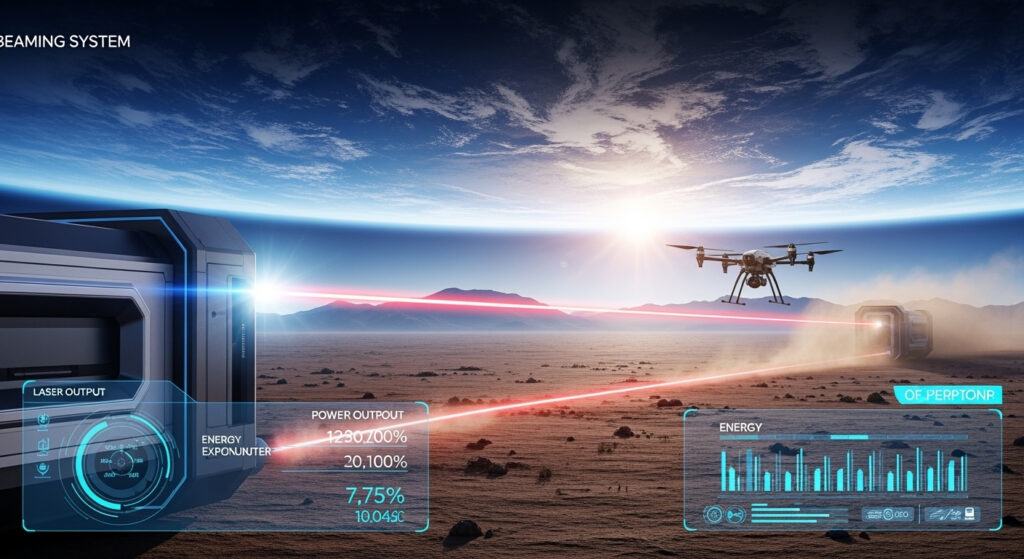Imagine a world where machines help formulate hypotheses, design experiments, and analyze results—all without human fatigue or bias. That world is quickly becoming reality. A new study published in the Proceedings of the National Academy of Sciences (PNAS) sheds light on how automation is reshaping the scientific landscape.
The article, “Automating the practice of science: Opportunities, challenges, and implications,” by Sebastian Musslick and a multidisciplinary team, explores how automation and artificial intelligence are revolutionizing the way we do science.
What the Study Explores
The paper dives into the potential for automation to significantly enhance the scientific method. Rather than just crunching data, machines are now beginning to perform tasks that were once strictly the domain of human researchers. These include:
- Formulating testable hypotheses
- Designing experiments
- Executing lab protocols
- Analyzing complex datasets
- Publishing results
This represents a leap beyond simple automation—it’s a shift toward AI-driven science, often called “autonomous science.”
Why This Matters: The Benefits
The authors argue that automation can dramatically enhance research productivity, especially in fields with complex data and repetitive workflows. Key advantages include:
- Reproducibility: Machines reduce human error and ensure consistent experiment protocols.
- Speed: Automated systems can operate continuously, accelerating discoveries.
- Scalability: From molecule screening to global climate models, automation expands what’s scientifically possible.
The Challenges: Not All Lab Coats Are Digital
Despite the potential, automating science isn’t without its difficulties. The article emphasizes several challenges:
- Oversight is essential. Machines may miss ethical or contextual nuances.
- Human roles must evolve. Scientists need training in coding, systems design, and AI management.
- Integration barriers remain. Connecting automated systems across different research domains can be complex.
The authors caution against treating AI as a silver bullet. Human intuition, creativity, and ethical judgment remain irreplaceable—for now.
Implications: How This Will Impact Us All
As automation becomes more widespread, we can expect:
- Faster medical breakthroughs through AI-guided drug discovery
- More resilient agriculture from autonomous plant research labs
- Deeper space exploration driven by self-learning robotic probes
- Increased access to research for institutions with limited resources
This shift could democratize science, making it more inclusive, efficient, and globally impactful.
Final Thoughts: The Cyborg Scientist is Rising
The future of science isn’t about replacing researchers—it’s about augmenting them. As this PNAS article highlights, “automating the practice of science” is both a powerful opportunity and a call for responsible innovation.
If we harness these tools wisely, we may soon witness the birth of an era where every hypothesis has a chance to be tested, and no idea is lost to the limits of time or labor.
Check out the cool NewsWade YouTube video about this article!
Musslick, S., Bartlett, L. K., Chandramouli, S. H., et al. (2025). Automating the practice of science: Opportunities, challenges, and implications. Proceedings of the National Academy of Sciences, 122(5), e2401238121. https://doi.org/10.1073/pnas.2401238121

